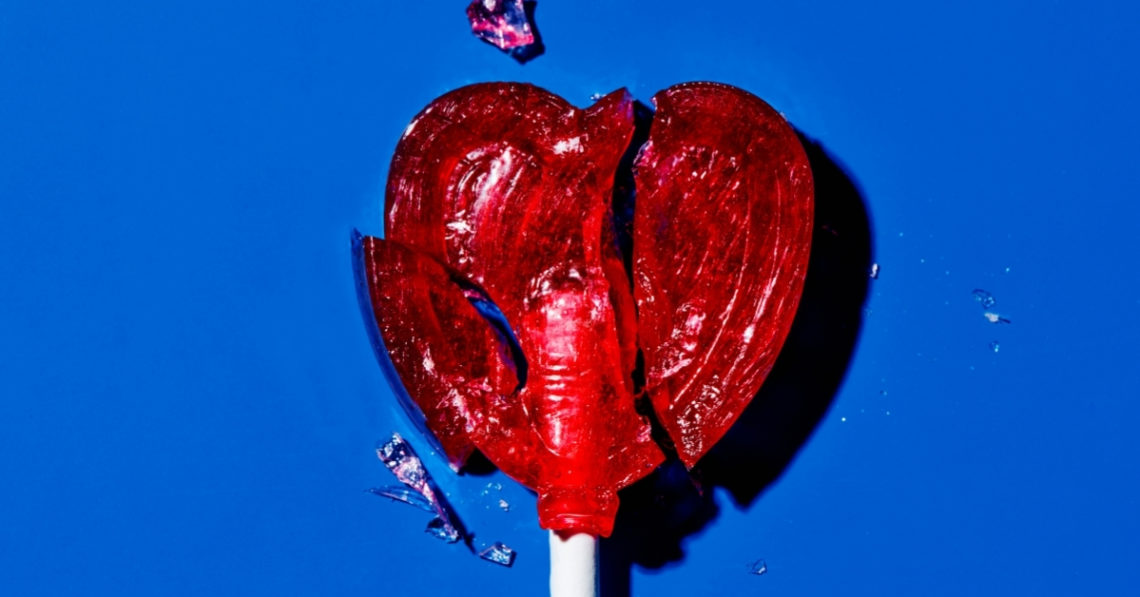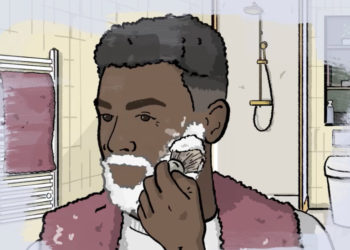Breakups can feel like going cold turkey from an addiction. Scientists have compared the neurochemistry of love to a cocaine high, which explains why separation can leave people anxious, sleepless, and physically drained.
One evolutionary psychologist, Brian Boutwell of St. Louis University, told Vox that “falling in love presents very much like an addictive process,” and, much like doing hard drugs, stopping it can trigger withdrawal.
The good news is that specific strategies reliably help people move through the grief. Research suggests they not only make you feel better in the moment; they actually reshape the way your brain processes the loss.
Here are seven evidence-backed ways people cope—and why they work.
1. Saying yes to social invitations
Isolation makes heartbreak worse. Researchers from Northwestern University found that regaining a sense of self after a breakup predicts less loneliness and less rumination. Going out, even when it feels forced, can help reclaim that lost identity and remind you that single doesn’t mean alone.
2. Nourishing the body with food and exercise
Breakups can throw daily routines out of whack. Eating well, sleeping regularly, and moving your body create structure when life feels all over the place. Grace Larson, a relationship researcher, notes that steady routines are especially protective after heartbreak.
Head to the farmer’s market to pick up fresh produce, try a new yoga class, or go for a long walk. Don’t push yourself to exhaustion at the gym or start a Master Cleanse.
3. Reconnecting with old friends
When a romantic attachment disappears, people often snap back to earlier bonds. Reinvesting in friendships can provide the emotional stability once anchored in a partner. Research shows that leaning on these attachments supports recovery and strengthens identity after loss.

4. Making a visible change (like cutting hair)
Small risks, such as a fresh haircut or a new outfit that you haven’t been bold enough to wear, can signal renewal to yourself and others. Psychologists link these gestures to identity reassertion, a process that helps people broadcast—and literally embody—a new chapter.
5. Blocking the ex on social media
Digital surveillance slows healing. Studies have found that stalking an ex online keeps distress and longing alive. Withdrawing access, through blocking, unfollowing, or muting, allows space to actually live your life, not curate it for someone else’s feed.
6. Trying casual dating
Rebound dating has a bad reputation, but research suggests it can actually boost confidence and remind people of their desirability. You don’t need to rush into anything serious, just put your toe in. Even light, low-stakes connections can interrupt obsessive thoughts about an ex and reintroduce excitement.
7. Throwing energy into work and goals
Breakups shake your sense of control. Career goals or creative projects offer a place to reclaim it. Researchers note that achievement can restore agency, making people feel valuable and self-directed. Ambition, in this context, doubles as therapy.
Breakups will always sting. But science suggests that leaning on people, building structure, experimenting with identity, and channeling energy into growth can turn the heartbreak into momentum. The relationship may be over, but your life isn’t—and these strategies prove it.
The post 7 Things That Can Actually Help You Get Over a Big Breakup appeared first on VICE.




